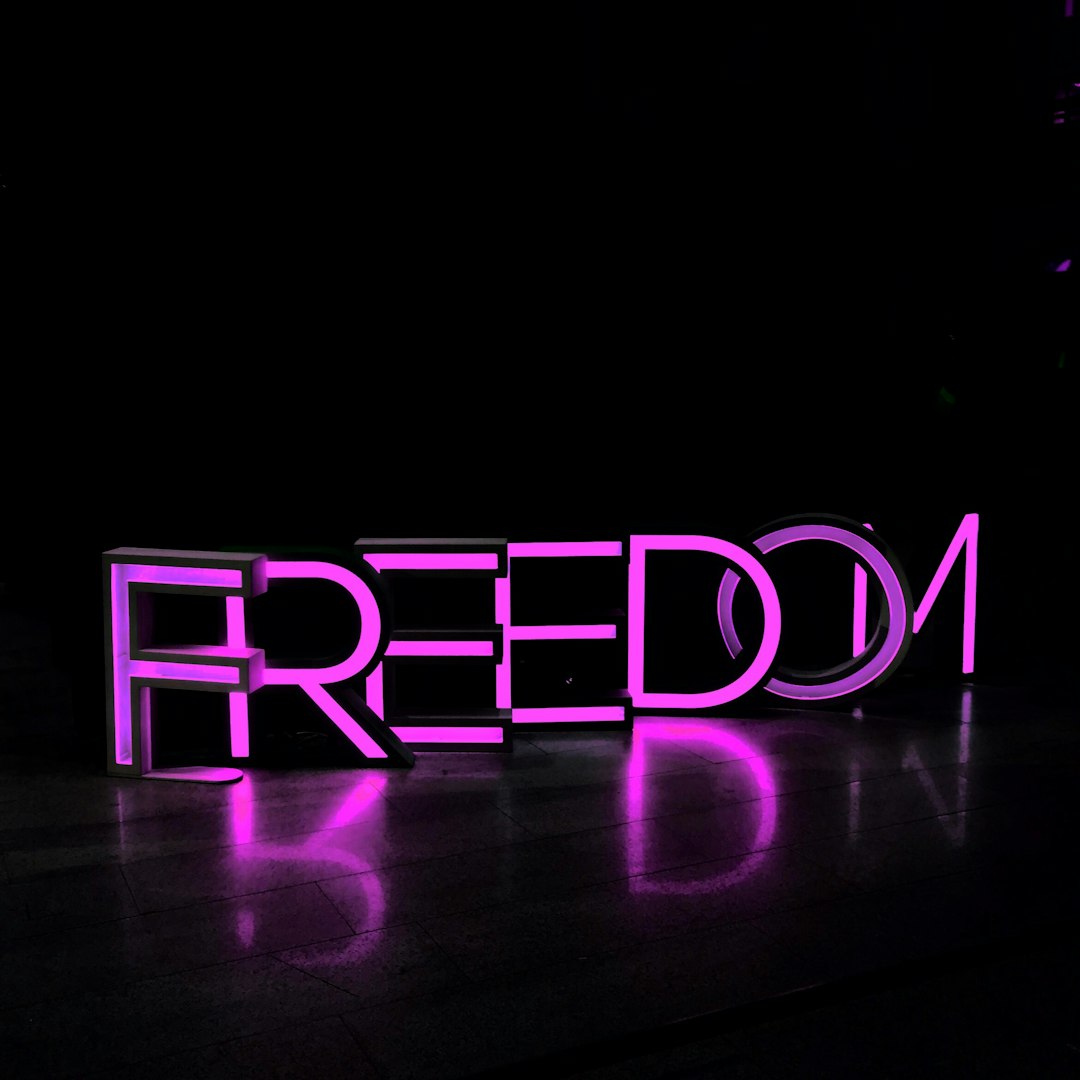
Social Justice Warriors: The Silent Assassins of Free Speech
In the contemporary landscape of discourse, a new breed of ideological enforcers has emerged—the Social Justice Warriors (SJWs). Armed with hashtags and righteous indignation, they wage a relentless campaign against what they deem offensive language and ideas. But what if I told you that these modern-day crusaders are, in fact, the silent assassins of free speech? Strap in, dear reader, because we’re about to dive into a world where the only thing more fragile than your feelings is the concept of free expression itself.
The Rise of the SJWs
Historically, the essence of free speech has been rooted in the idea that the marketplace of ideas should be open to all, regardless of how uncomfortable those ideas may be. However, the rise of SJWs has led to a cultural shift where the vocal minority often silences the majority. According to a survey conducted by the Cato Institute, nearly 62% of Americans feel that political correctness has stifled their ability to express their opinions. This is not a simple matter of people being “offended”—it’s a direct attack on the fabric of open dialogue.
Censorship in Disguise
One may wonder how the SJWs operate. They wield the power of social media like a sword, ready to slay anyone who dares to stray from the accepted narrative. Take, for instance, the infamous “cancel culture,” where individuals are ostracized, fired, or socially shamed for expressing dissenting views. This is the modern equivalent of book burning, and it’s not just a few rogue Twitter accounts; it’s the mainstream media, academia, and even corporations that have adopted this oppressive mentality.
Moreover, the concept of “microaggressions”—those subtle, often unintentional comments that can be construed as offensive—has created a chilling effect on speech. People now self-censor, walking on eggshells for fear of being labeled as insensitive. When did we decide that the mere possibility of offending someone warranted a suppression of ideas? The answer is: when SJWs took the helm.
A Double-Edged Sword
Critics may argue that the SJWs are merely advocating for marginalized voices to be heard. While amplifying underrepresented perspectives is crucial, the approach has become counterproductive. The pendulum has swung so far that it now threatens to silence those very voices they claim to protect. Take the case of J.K. Rowling, a beloved author who faced a wave of backlash for expressing her views on gender identity. This is a perfect illustration of how even the most established figures are not immune to the wrath of SJWs for simply stating their beliefs.
Expert Opinions and Data
The repercussions of this toxic environment extend beyond individual cases; they seep into our institutions. A study by the Brennan Center for Justice found that 73% of college students believe that their peers should be punished for offensive speech. Is this what we want? A generation that equates disagreement with hate? It’s crucial to foster a culture where students can engage with diverse viewpoints instead of retreating into echo chambers.
Experts in psychology have noted that the rise of SJWs correlates with an increase in anxiety and depression among young people. The constant fear of being “called out” creates a toxic atmosphere that stifles creativity, innovation, and genuine connection. As we’ve seen in countless cases, the repercussions can be dire—academic freedom is under siege, and the once vibrant exchange of ideas has devolved into a battleground of fear and hostility.
Addressing Counterarguments
To be fair, proponents of SJW culture argue that they are merely protecting vulnerable populations from harmful rhetoric. While the intent may be noble, the methods employed are anything but. The irony? In their quest for inclusivity, they have inadvertently become the gatekeepers of acceptable discourse.
Furthermore, let’s examine the concept of “safe spaces.” While the intention is to create environments where individuals can feel secure from discrimination, the execution often leads to intellectual stagnation. When the comfort of safety overshadows the discomfort of challenging ideas, we lose the essence of what an education is meant to be: a rigorous examination of diverse perspectives.
A Call to Action
It’s time to reclaim the dialogue. We must stand up against the SJWs who threaten our freedom of speech, not by silencing them, but by engaging in robust discussions that challenge their views. We must advocate for platforms that prioritize free expression over political correctness. The marketplace of ideas should remain open, and it’s our responsibility to ensure that all voices—especially those that dissent—have a place in that marketplace.
Free speech is not an absolute; it comes with responsibilities. However, the answer to hurtful speech is not silencing it but countering it with better arguments, humor, and wit. We must foster resilience and tolerance for discomfort.
Conclusion
In a world increasingly dominated by Social Justice Warriors, the stakes for free speech have never been higher. We find ourselves at a crossroads, where we must decide whether we prioritize the fragile feelings of a few over the cornerstone of democracy: the ability to speak freely. The silent assassins of free speech will not rest until their narrative reigns supreme, but we must rise up and ensure that our voices are heard louder than their shouts of indignation.
Let’s engage, debate, and challenge one another—because at the end of the day, that’s how we grow. It’s time to put the “free” back in free speech and remind the SJWs that the war of ideas is best fought in the open, not in the shadows.


